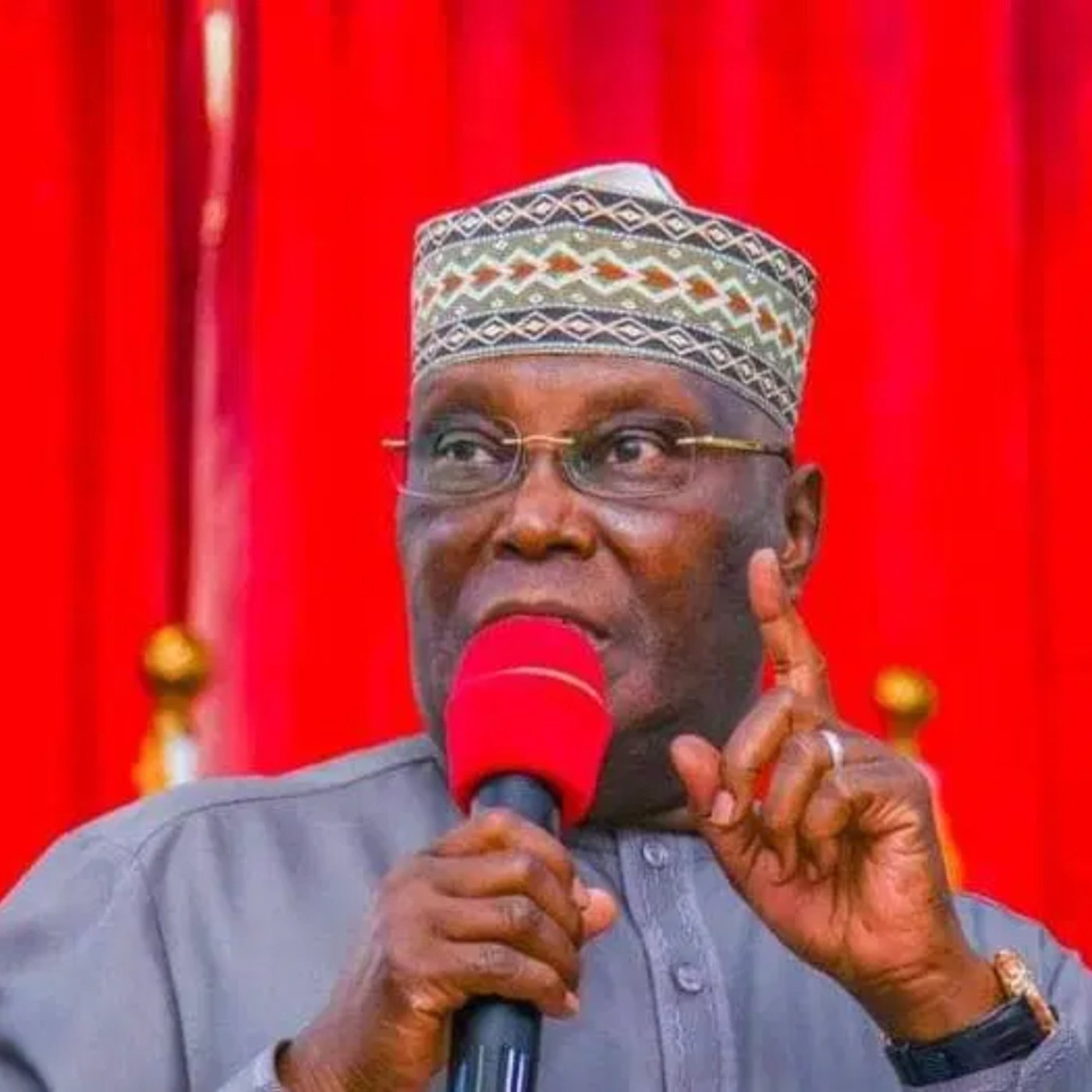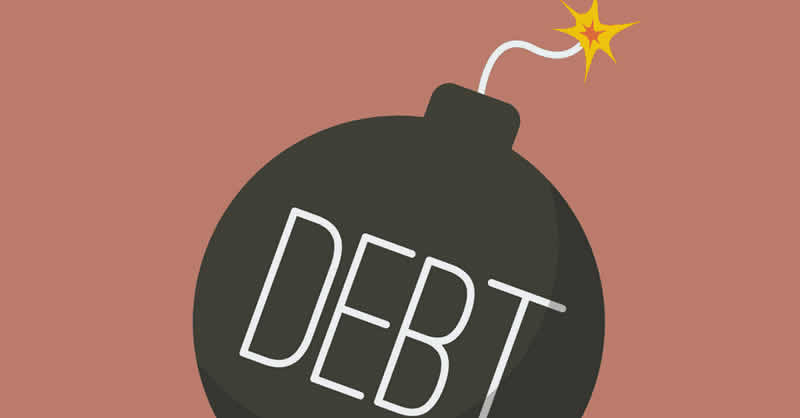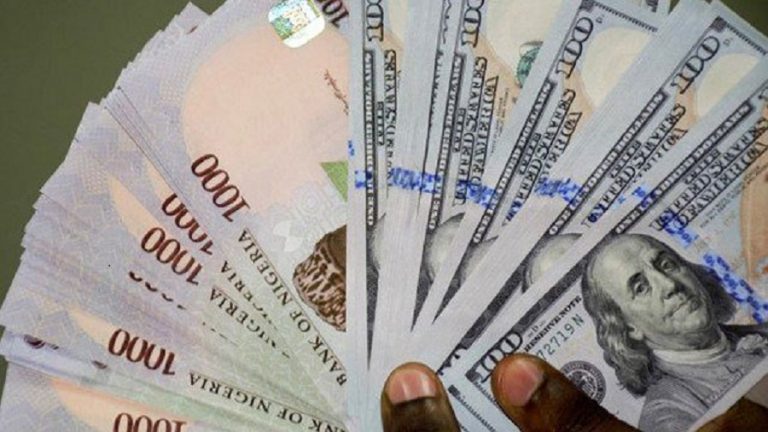
Keep up with the latest news and be part of our weekly giveaways and airtime sharing; follow our WhatsApp channel for more updates. Click to Follow us
The country’s Minister of Justice told the Associated Press on Sunday that the Congolese government has put 102 men to death in the last week and has 70 more scheduled for execution.
The men, who were hanged in Angenga prison in northwest Congo, were identified as armed robbers and “urban bandits,” or Kulunas as they are known locally. They ranged in age from 18 to 35.
Within the last 48 hours, the remaining 57 were put to death, while 45 were killed in late December.
A aircraft bringing 70 more prisoners from Kinshasa has arrived at Angenga, but the government has not yet commented on their status.
The third round of executions will take place after the first two batches have been completed, according to Minister of Justice Mutamba, who is in overseeing the executions.
There have been conflicting responses to the government’s decision to reinstate the death sentence. Some residents, such as Fiston Kakule of Goma, are relieved that the measures may put an end to the nightly menace posed by Kulunas and embrace the policy as a way to restore urban security.
On the other hand, human rights advocates such as Espoir Muhinuka caution against the dangers of extrajudicial killings and demand that judicial processes be strictly followed in order to avoid arbitrary executions and unfair verdicts.
Muhinuka emphasised that combating poverty, unemployment, and social exclusion are all important components of a multipronged strategy to combat crime in the DRC.
In Congo, the death sentence has a controversial past. The last reported execution took place in 2003; it was abolished in 1981 and reinstituted in 2006.
In March 2024, the Congolese government declared that capital executions would resume, initially intended for military personnel accused of treason.
Eight soldiers received death sentences for combat desertion in May, and 25 more received similar punishments in July, however none of these have reportedly been executed.
The Democratic Republic of the Congo (DRC) government functions as a semi-presidential unitary republic.
The President is the head of state, whereas the Prime Minister is the head of government1. Félix Tshisekedi is the current president, while Judith Suminwa, who took over in June 2024, is the prime minister.
After accusing his mother, Mrs. Comfort Jiya, 61, of being responsible for his wife’s abduction from their Suleja home due to a misunderstanding, Jiya killed her. Mrs. Comfort Jiya was a former director in the Niger state ministry of education.
Please don’t forget to “Allow the notification” so you will be the first to get our gist when we publish it.
Drop your comment in the section below, and don’t forget to share the post.







